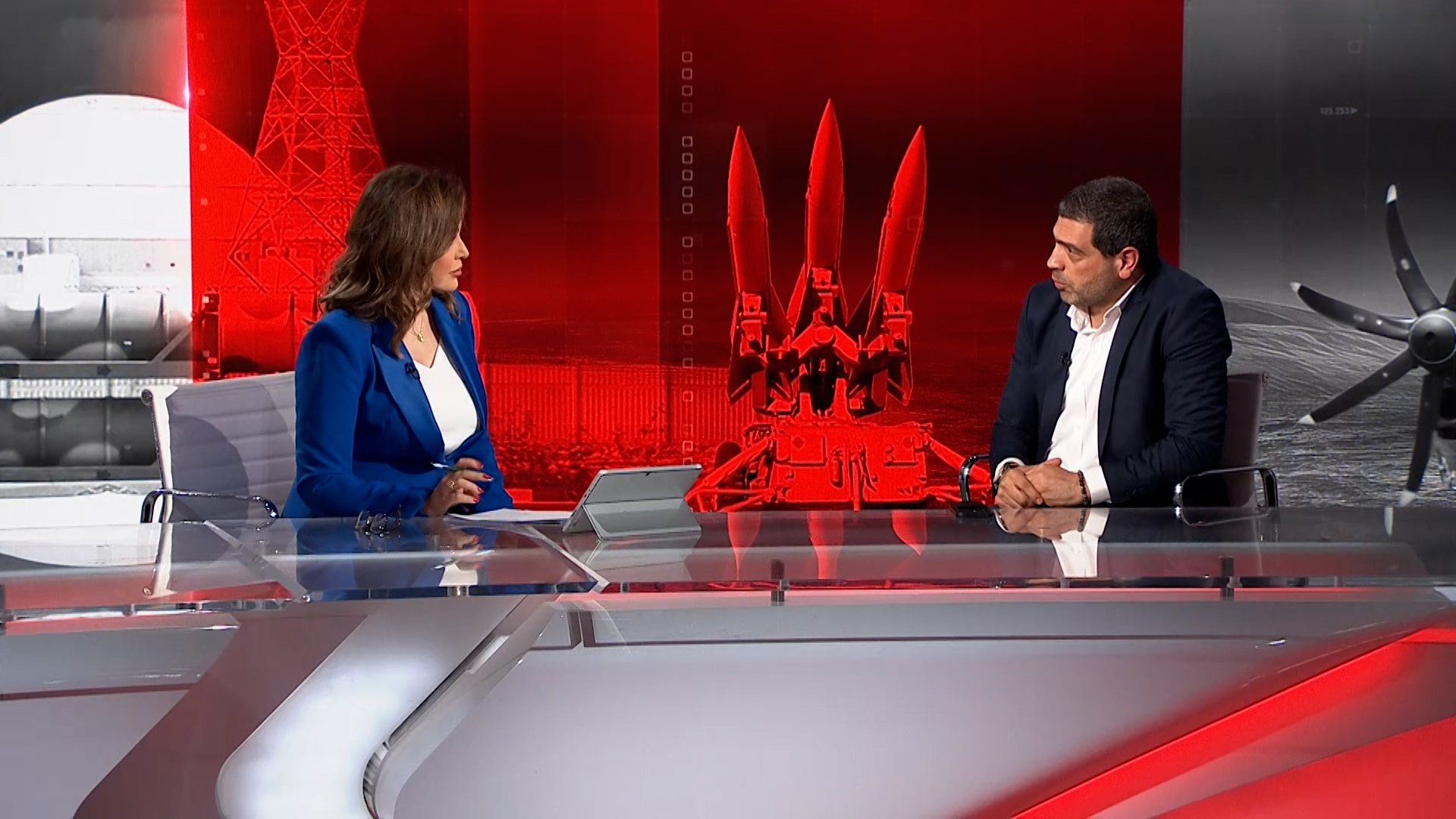The director of the Al -Jazeera office in Tehran, Abdel Qader Fayez, said that the tripartite ministerial meeting between Iran, Qatar and the Sultanate of Oman reflects an escalation in the pace of regional coordination towards indirect negotiations between Tehran and Washington, indicating that Qatar has started playing a more clear role in this sensitive file.
Fayez stressed that the prevailing estimate in Tehran is that the talks have reached a highly important stage, especially on uranium enrichment, a file that has become a bone fracture point between Iran and the United States, which explains the Qatari movement supporting the Omani role in this path.
Iranian Foreign Minister Abbas Araqji met in Tehran, on Sunday, with the Qatari Prime Minister and Minister of Foreign Affairs Sheikh Mohammed bin Abdul Rahman Al Thani and Omani Foreign Minister Badr Al -Busaidi, in a triple meeting held on the sidelines of the “Dialogue Forum”, and discussed the latest developments in regional mediation on the Iranian nuclear program.
Fayez pointed out that the Iranians are looking at their strictness in the fertilization file as a sovereign issue that cannot be waived, especially since the nuclear fuel cycle has become complete within Iran, considering that Tehran considers abandoning fertilization on its lands as an excessive pillars of its basic negotiating power.
Zero fertilization
He pointed out that the United States puts a “zero enrichment” condition as a major entry into any agreement, as it sees that ending these activities completely represents a fundamental guarantee to prevent Iran’s tendency towards the manufacture of nuclear weapons, but in return, Tehran does not touch what it considers “balanced guarantees” from the American side until now.
Fayez explained that the fundamental question from the Iranian point of view is centered on what Washington could offer in exchange for reducing the level of fertilization or stopping it, considering that Qatar and other countries in the region entered this line in an attempt to bring the views and create a possible penetration.
The Qatari Foreign Ministry confirmed in a statement that during the meeting, the Qatari Foreign Ministry expressed his country’s hope to reach a “fair, permanent and binding agreement” between Iran and the United States, which contributes to enhancing security and stability and opens new horizons for regional dialogue.
Fayez stressed that the Qatari entry on this path reflects awareness that the negotiations reached a very sensitive point, as it is no longer governed by the logic of the fingers, but also moved to the stage of breaking the wills, pending the initiative of the concession first.
A sacred case
Fayez added that Iran does not consider enrichment a sacred issue, but at the same time it links any decline in the presence of real guarantees from the American side, stressing that Tehran still sees that these guarantees are not available, which complicates the chances of reaching a comprehensive agreement.
On Sunday, the Iranian Foreign Minister confirmed that his country is continuing in uranium enrichment operations, in a direct response to the statements of the American envoy to the Middle East Stephen Witkev, considering that Washington’s demands are “unrealistic” and that progress requires recognition of facts on the ground.
Iranian officials, including Iranian President Masoud Boukhshkian, expressed cautious optimism about the chances of achieving progress, provided that Washington abandons the “approach of coercion and domination”, as he put it during his meeting with the Qatari Prime Minister, as he stressed that his country will not be acquired for any external dictates.
The United States calls on Iran to abandon its highly enriched uranium and send it outside the country.
(Tagstotranslate) Politics

